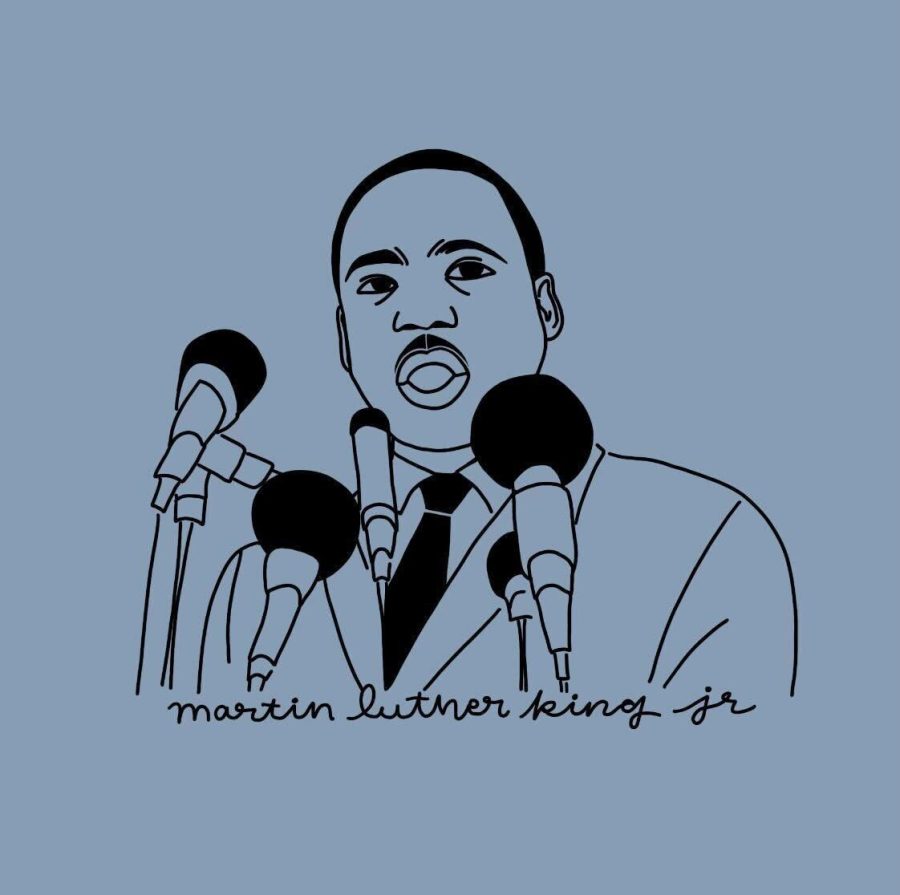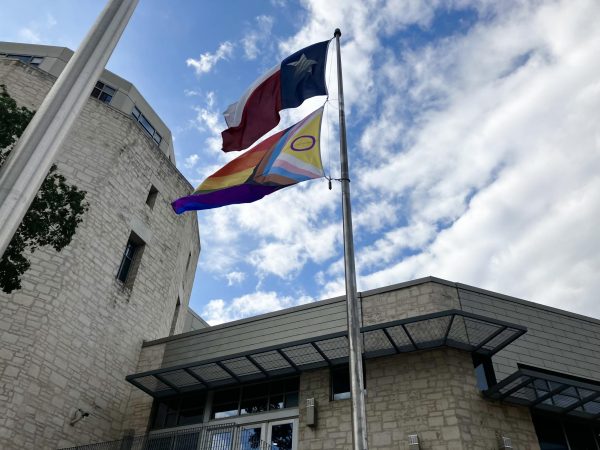MLK’s Legacy: Rooted Deep in the United States
Every January 16th, schools, government agencies, banks, corporate offices, and even some retailers close down. Every January 16th, we celebrate Martin Luther King Jr and his legacy, aptly named MLK Day. Martin Luther King Jr made significant changes and contributions to the extreme racial issues that have haunted the United States since its founding. While this is widely known, his legacy goes much deeper than this.
Martin Luther King Jr was born on January 15th, 1929 in Atlanta, Georgia. During this time, the Great Depression had just begun and no group was hit harder than African-Americans. Jim Crow laws made these years so much more difficult for disenfranchised groups, merely adding to the hardships already experienced by the African-American community. These laws kept African-Americans in perpetual social inferiority, unfortunately facing threats of violence and lynching. This deep-seeded racism was much worse in the Southern parts of the United States, where the King family resided.
From an early age, his parents taught him all about morals and religion, as his father was a Baptist pastor and his mother was a teacher before her marriage to Mr. King. His mother made it a point to lovingly intone in Martin that he was just as good as everyone else, amidst the clear horrible racial injustices of the time. It is safe to say Dr. King grew up in an excellent home that led him to become the great man he was.
King’s leadership played an essential role in ending long-established segregation for African Americans and to the creation of the 1964 Civil Rights Act. This document was a pivotal achievement for the Civil Rights Movement. Dr. King’s speeches, protests, sermons, and more inspired and changed the people and government of the United States.
In 1954, Dr. King became a pastor of the Dexter Avenue Baptist Church in Montgomery, Alabama, where he was the most influential. In a 1957 speech, he says; “Life’s most persistent and urgent question is: ‘What are you doing for others?’”
In 1955, he staged the Montgomery Bus Boycott, a movement against the racial injustices of the bus system. In 1960, sit-in demonstrations and freedom rides were initiated in peaceful protest for civil rights. In 1963, he was arrested for his protest in Birmingham, Alabama. From this instance, he wrote a letter titled “Letter from Birmingham Jail” in which he spoke about injustices in the jail system.
This letter influenced and impacted American society in such a way that it has been hailed as the most important document of the civil rights era. Later that year, King delivered his ‘I have a Dream’ speech at the Lincoln Memorial. And in 1964, Dr. King won the Nobel Peace Prize.
On April 4th, 1968, Dr. King was shot and killed at the age of 39 in Memphis, Tennessee, and his death shook the world. Black Americans were angered and devastated. In 125 cities across the world, violence ensued in response to Dr. King’s death. 3,500 people were injured and 39 people were killed. In addition, there was a nation-wide mourning period and multiple funerals.
Every MLK Day, we continue to celebrate and commemorate MLK Jr and his legacy, whether children in school, everyday adults, or politicians. He did so much for the racial landscape in the United States, and granted so many long denied fundamental human rights for African-Americans. His legacy rings true through the echoes of modern American society.
He believed all people should be equal and should enjoy the same privileges through a non-violent way. Dr. King helped create the Civil Rights Act of 1964, the Voting Rights Act of 1965, and the Fair Housing Act of 1968. King’s influence even reached South Africa, seeing as Nelson Mandela utilized King’s non-violent methods.
Today, America enjoys many of its freedoms thanks to Martin Luther King Jr. He did so much for so many, and he must be celebrated every day, not just every January 16th.

Class of 2025
I love to dig deep, get the scoop, and just report on issues, which is why I am so thrilled and honored to be a part of Student Press...

Class of 2024
I look forward to designing graphics this year, you can always find me in the caption :)






